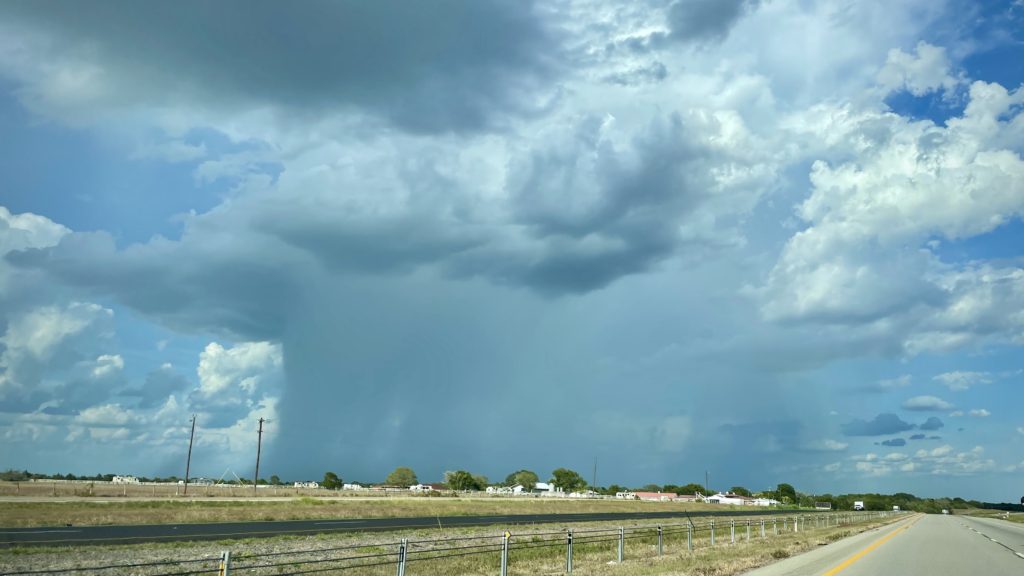"David said to his men, "Each of you strap on your sword!" So they did, and David strapped his on as well." (1 Samuel 25:13 NIV)
In David’s account with Nabal, I recognize the signs of displacement. David had been functioning with frustration, rejection and grief for far too long. Nabal’s insults were the last straw. David was ready to react rashly because of the emotional onslaught he had already endured. Let’s page back a bit and discover the real issues at play.
David was on the run from King Saul. Saul had love/hate relationship with the favorite son of Israel. In some moments, Saul adored David and deeply appreciated his talents. In other moments, Saul was disgusted with David and threatened by his giftings. The thing is, the moods blew in as quickly as summer thunderstorms. King Saul’s entire court tiptoed around their king’s delicate emotional constitution. David’s relationship with Saul was convoluted: confusing and downright dangerous.
In just the previous chapter, David had hidden away in a cave. When nature called, Saul chose that same cave to relieve himself and in his vulnerable state, David had ample opportunity to do harm. David was tempted; so tempted that he swiped a corner of the king’s robe as proof of their close encounter. Instantly, David was convicted; he knew better than to touch the Lord’s anointed. Though David was hurt and confused by his king’s behavior, he still respected the holy office.
King Saul’s response to the cave encounter was overly emotional and suspicious. Then, while David is still reeling from their interaction, the prophet Samuel passed away.
"Now Samuel died, and all Israel assembled and mounted for him' and they buried him at his home in Ramah. Then David moved down to the Desert of Paran." (1 Samuel 25:1 NIV)
We can’t breeze by this, it’s included in the text for a reason. Samuel was an important figure in David’s story. He had been the first to anoint David and call him out as future king. Samuel’s death had to pierce twice for David, his hopes for kingship . The prophecy had not yet come true. David mourned deeply and while the whole country turned out for the funeral, he likely didn’t go, for fear of his life. King Saul was too volatile. Even a memorial service wasn’t safe for the likes of David.
This is the setting of David’s annoying interaction with Nabal. David had to be feeling pretty low. He’d sent his men with blessing over Nabal and asked for a bit of provision in return. Nabal actually owed David a favor; his men had guarded Nabal’s flocks and shepherds throughout the season. But Nabal didn’t see it that way and responded to David’s blessing and request with insults and curses. David lost it and told his men to strap on swords because they were going to war.
Displacement: a psychological defense mechanism in which a person redirects negative emotions form it’s original source to a less threatening individual. Taking one’s anger out on someone or something that possesses less of a risk.
David displaced his frustration, rejection and grief on Nabel. Nabel was a nobody. A bitter man in an out-of-the way place. A bothersome fly to someone like David. But in that moment, David was ready to cave to his feelings and slaughter him. Why?
It would seem that David had not taken the time to process his hurts. He was leading with emotion, rather than letting emotion lead him to the Lord. Leaders put themselves in precarious places when they fail to tend to their feelings. We lead well when we’ve processed our raw emotions with the Father, first.
Thankfully, David’s intentions are interrupted by Abigail’s intuition. In this story, she acts as the Holy Spirit, alerting David to his ill-motives and awakening him from emotional stupor. Her character and courage are revealed at just the right time.
"David said to Abigail, "Praise be to the Lord, the God of Israel, who has sent you today to meet me. May you be blessed for your good judgement and for keeping me from bloodshed this day and from avenging myself with my own hands." (1 Samuel 25:32-33 NIV)
We cannot keep functioning well with raw feelings unattended. We need to take time to express them upward and receive the peace of God in return. Otherwise we run the real risk of displacement: making a bystander pay for a crime they didn’t commit.

Be encouraged. God is big enough to absorb our disappointment. He can handle our frustration. He will diffuse our fears and anxieties and mop up our tears of grief. He is faithful to tend to our tangle of feelings if we’ll only give Him opportunity.
I’m still recommending the One Minute Pause app. It has been the strongest mental health habit I’ve discovered since employing daily devotions over a decade ago. Find the time to press play and unpack your feelings with the Father before you inflict your hurt on someone else.
Lord, forgive us for all the times we have practiced displacement. Sometimes it’s tough for us to rightly assign a source to our disappointment, rejection and grief. Sometimes it’s easier to blame or even abuse a less intimidating individual. Today we are reminded just how important it is to take our feelings to You. You diffuse and replace. You restore peace and proper perspective. You keep us from spilling innocent blood. May we seek Your presence before our feelings run wild. Amen.